-
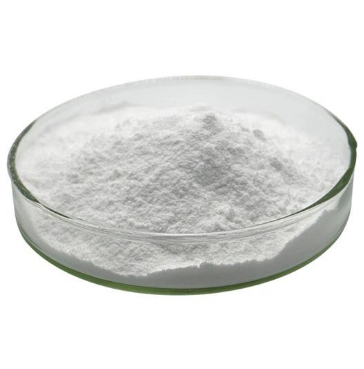
L-Cystine CAS:56-89-3 Manufacturer Price
L-Cysteine is a non-essential amino acid that plays important roles in the human body. It is involved in protein synthesis, detoxification, and the formation of antioxidants. L-Cysteine also serves as a building block for the production of glutathione, a powerful antioxidant that helps protect cells from damage caused by free radicals. Additionally, L-Cysteine has been used in food and cosmetic industries as a flavor enhancer and dough conditioner. It can be found in certain dietary supplements and natural food sources such as eggs, poultry, and legumes.
-
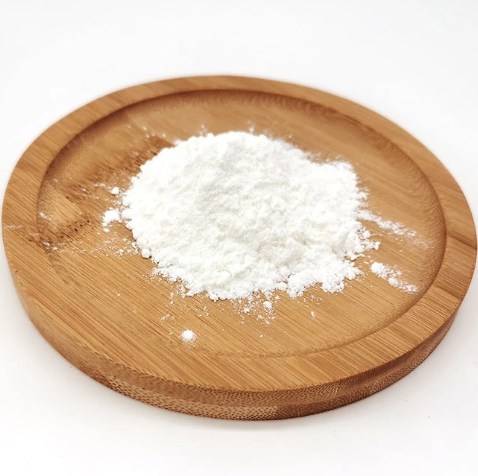
L-Alanine CAS:56-41-7 Manufacturer Price
L-Alanine is a non-essential amino acid that plays a crucial role in the body’s protein synthesis. It helps to build and repair tissue, supports muscle growth and recovery, and helps regulate blood sugar levels. L-Alanine is found naturally in a variety of foods and can also be taken as a supplement.
-
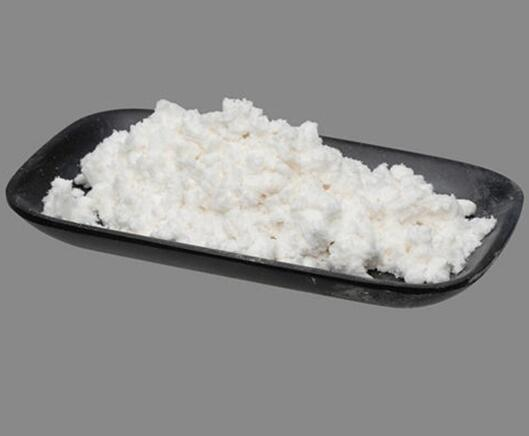
Ampicillin sodium salt CAS:69-52-3 Manufacturer Price
Ampicillin sodium is a broad-spectrum antibiotic that belongs to the penicillin class of drugs. It is effective against various bacteria, including both Gram-positive and Gram-negative species. Ampicillin sodium works by inhibiting the synthesis of bacterial cell walls, leading to the destruction of the bacteria.
This antibiotic is commonly used for the treatment of various infections, such as respiratory tract infections, urinary tract infections, skin and soft tissue infections, gastrointestinal infections, and certain types of meningitis.
-
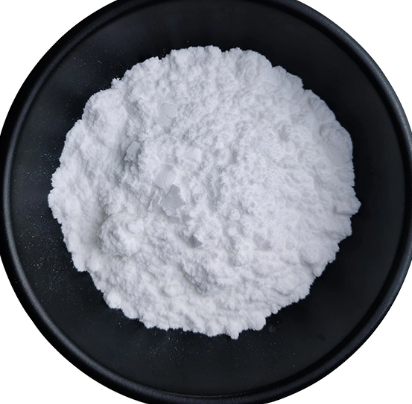
Chymotrypsinogen A CAS:9035-75-0 Manufacturer Price
Chymotrypsinogen is an inactive precursor enzyme produced by the pancreas. It is the inactive form of chymotrypsin, a protease enzyme that breaks down proteins in the digestive system. Chymotrypsinogen is converted into its active form, chymotrypsin, by the cleavage of a peptide fragment. Once activated, chymotrypsin is involved in the digestion and breakdown of proteins into smaller peptides and amino acids, which can be absorbed and utilized by the body. Chymotrypsinogen is an important component of the digestive enzyme cascade and contributes to the overall process of protein digestion in the small intestine.
-
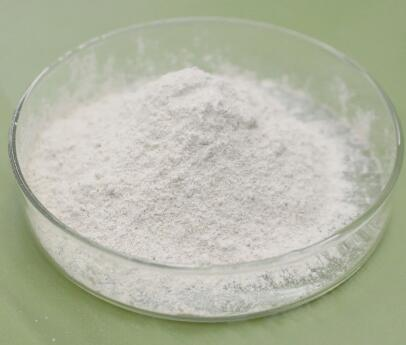
Penicillin G sodium salt CAS:69-57-8
Penicillin G sodium salt is a broad-spectrum antibiotic that belongs to the class of beta-lactam antibiotics. It is derived from the fungus Penicillium chrysogenum and is commonly used to treat a wide range of bacterial infections.
Penicillin G sodium salt works by inhibiting the synthesis of bacterial cell walls, leading to the disruption of cell wall formation and ultimately the death of susceptible bacteria. It is effective against various gram-positive and some gram-negative bacteria.
-
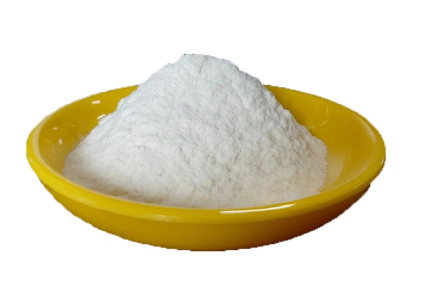
Coenzyme A free acid CAS:85-61-0 Manufacturer Price
Coenzyme A (CoA) is a molecule that plays a crucial role in several metabolic pathways in the body. Coenzyme A free acid refers to CoA in its unbound or unconjugated form. It consists of three main components: adenine, a ribose sugar, and pantothenic acid (vitamin B5). Coenzyme A acts as a carrier molecule, shuttling acetyl groups (two carbon units) between different enzymes and reactions involved in energy metabolism, fatty acid synthesis, and the breakdown of fats, carbohydrates, and amino acids. Coenzyme A free acid is essential for the proper functioning of numerous cellular processes and is involved in maintaining cellular energy homeostasis.
-

Streptavidin from Streptomyces avidinii CAS:9013-20-1
Streptavidin is a protein derived from the bacterium Streptomyces avidinii. It shares similar characteristics to avidin, another biotin-binding protein, but with some differences in binding affinity and stability. Streptavidin is widely used in biotechnology and research, primarily due to its strong and specific binding to biotin. This binding affinity is utilized in various applications, including protein purification, detection assays, targeted drug delivery, molecular biology techniques, imaging, and diagnostics. Streptavidin’s versatility and reliability make it an essential tool in numerous scientific and medical fields.
-
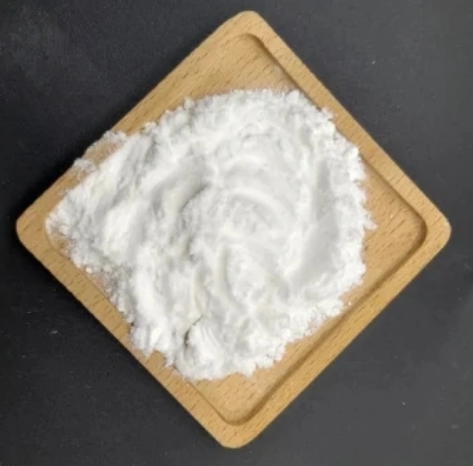
L-Arginine CAS:74-79-3 Manufacturer Price
L-Arginine is an amino acid that the body uses to produce nitric oxide, which helps relax and widen blood vessels. This can improve blood flow, enhance exercise performance, support immune function, potentially treat erectile dysfunction, regulate blood pressure, and provide antioxidant benefits.
-
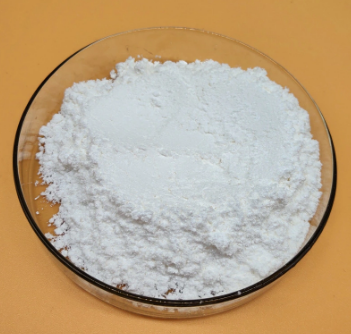
D-Alanine CAS:338-69-2 Manufacturer Price
D-Alanine, also known as D-alanine or D-Ala, is a non-essential amino acid that plays a crucial role in the formation and function of certain proteins and enzymes in the body. It is one of the building blocks of the bacterial cell wall and is involved in the synthesis of the neurotransmitter GABA (gamma-aminobutyric acid).
D-Alanine is found naturally in some foods, such as meat, poultry, and dairy products, and can also be produced by the body from other amino acids. Supplemental forms of D-Alanine are available and are sometimes used for specific purposes.
-
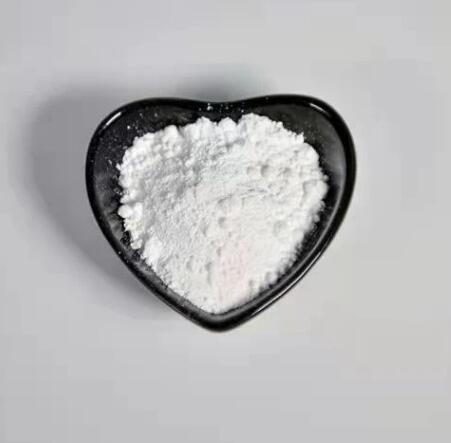
Tobramycin Base CAS:32986-56-4
Tobramycin Base is a broad-spectrum antibiotic that belongs to the family of aminoglycosides. It is commonly used in the treatment of bacterial infections, particularly those caused by gram-negative bacteria. Tobramycin Base works by inhibiting protein synthesis in bacteria, which ultimately leads to their death.
-
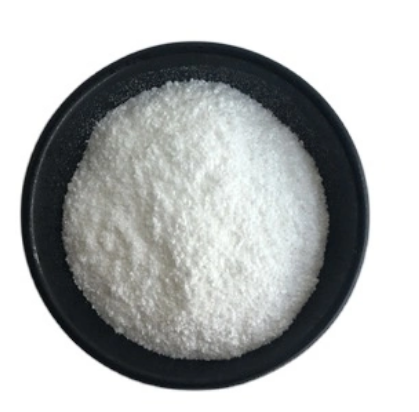
L-Cysteine hydrochloride anhydrous CAS:52-89-1
L-Cysteine hydrochloride anhydrous is a salt form of the amino acid L-cysteine. It is a white, crystalline powder that is soluble in water. L-Cysteine is a non-essential amino acid, meaning that it can be synthesized by the body, but it can also be obtained through dietary sources. L-Cysteine plays a vital role in various biological processes, serving as a precursor for the antioxidant glutathione and aiding in the synthesis of proteins. L-Cysteine hydrochloride anhydrous is commonly used as a dietary supplement and is also used in the food and pharmaceutical industries as a flavor enhancer, reducing agent, and as a precursor for the production of various chemicals.
-
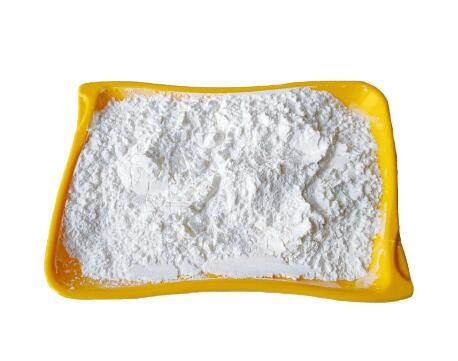
Monensin sodium salt CAS:22373-78-0
Monensin sodium salt is a chemical compound used primarily as a feed additive in livestock production. It improves feed efficiency, aids in the prevention and control of coccidiosis, and exhibits antibacterial activity against certain gram-positive bacteria.

